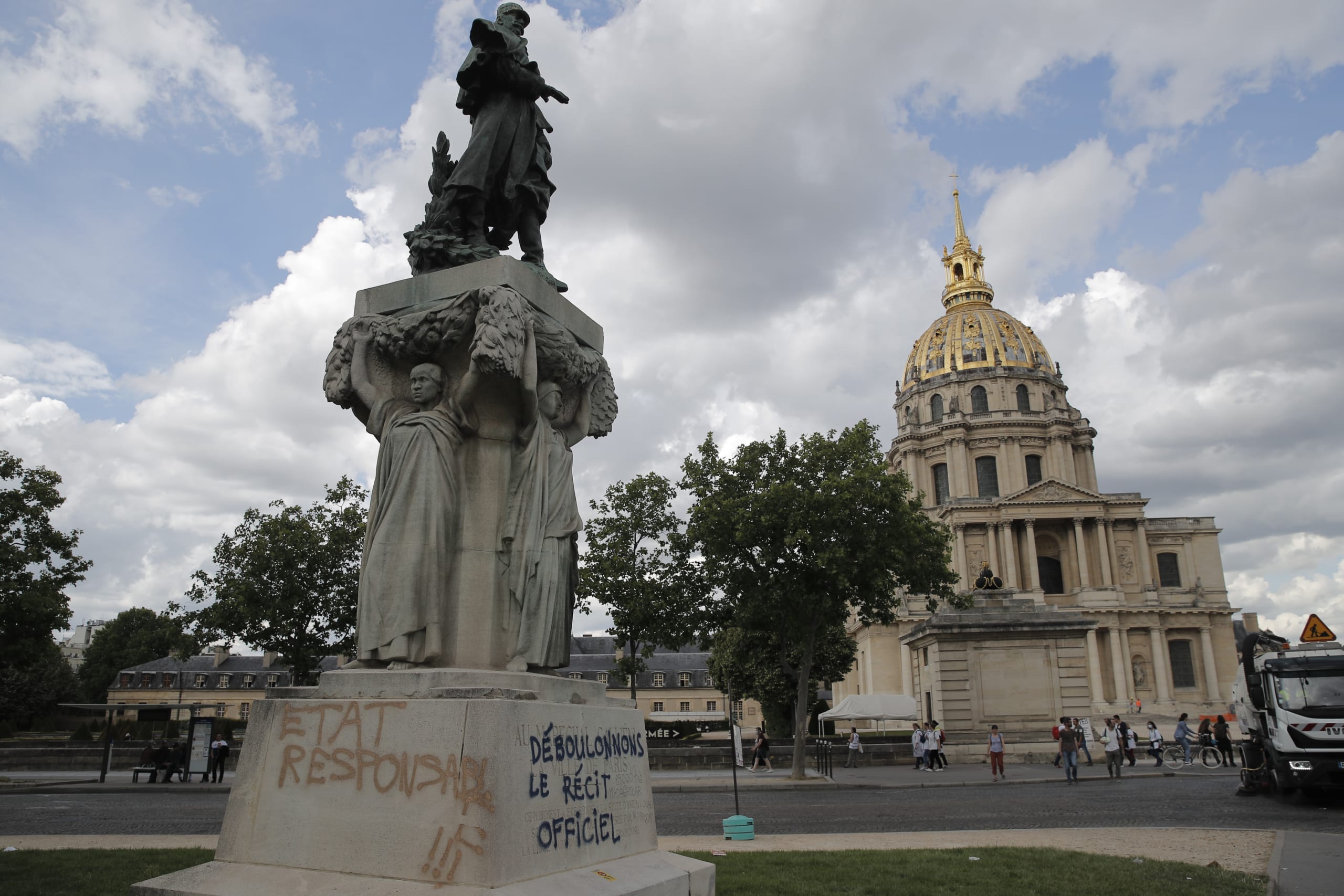We bring news that matters to your inbox, to help you stay informed and entertained.
Terms of Use and Privacy Policy Agreement
WELCOME TO THE FAMILY! Please check your email for confirmation from us.
The court’s decision on Wednesday said that no one produced evidence showing they had “suffered individually” any damage from the crimes that their ancestors had been subjected to.
PARIS (AP) — France’s highest court has rejected a request by three groups seeking reparations for slavery in a case that originated on the French Caribbean island of Martinique.
The court’s decision on Wednesday said that no one produced evidence showing they had “suffered individually” any damage from the crimes that their ancestors had been subjected to.
One of the lawyers pursuing the case, Alain Manville, called it a “political decision” and said he believed the large amount of money that France would have to pay in reparations was a major consideration for the court. He expressed hope for making the case more global, bringing in “all Afro-descendants” in a move that he believes would lead French judges to see the case differently.
“We will succeed in this process,” Manville said. “I don’t know when.”
Slavery was abolished in France in 1848, but before that had a significant slave trade, shipping more than 1 million Africans to colonies in the Americas. The International Movement for Reparations and two other groups launched efforts in pursuit of reparations in 2005. French courts have repeatedly rejected their request, but the European Court of Human Rights kept their efforts alive by making their claims admissible.
Another lawyer pursuing the case for reparations, Patrice Spinosi, in an emailed statement said the groups would approach the European Court of Human Rights for a new appeal.
The issue of reparations is widely debated across the Caribbean, where an estimated 5 million slaves were brought over by colonial powers, including Britain and France, and forced to toil on sugar plantations and other fields under brutal conditions.
In 2022, an appeals court in Martinique, which is an overseas department of France, rejected the groups’ request, noting that there’s a statute of limitations for those crimes and that a French law already allows the implementation of certain measures meant to “bring a memorial contribution to the recognition of slavery and the slave trade” and that it is not for the judiciary to decide if those measures are sufficient.
Another lawyer pursuing the case, Georges Emmanuel Germany, said France’s highest court was “outside the post-colonial reality” and asserted that it doesn’t recognize slavery as a crime against humanity.
TheGrio is FREE on your TV via Apple TV, Amazon Fire, Roku, and Android TV. Please download theGrio mobile apps today!

